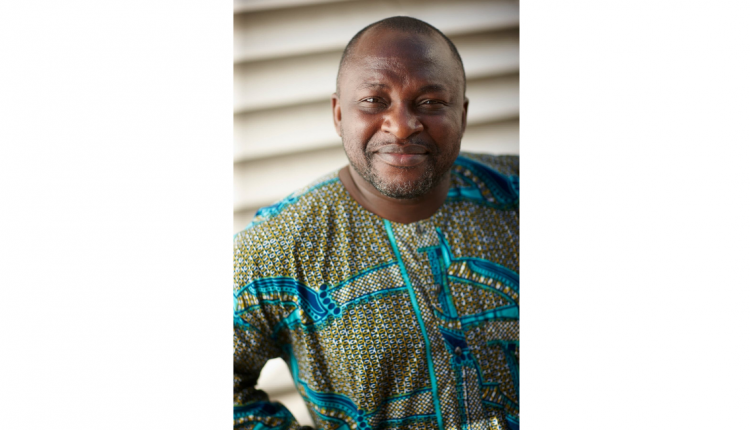From a Small Nigerian Tribe to a Big American Publishing House
on Nov 03, 2021

It is impossible to find the village of Ikot Ituno-Ekanem, home to the Annang tribe in the Niger Delta, on the internet. This is where Ekong Udousoro, the protagonist of Uwem Akpan’s debut novel, “New York, My Village,” is from. When we meet Ekong, he is a former professor and managing editor in Uyo, Nigeria, in the process of acquiring a visa to travel to New York for a fellowship, named after Toni Morrison, at the fictional publishing house Andrew & Thompson. There, he is to edit an anthology on the Biafran War that will bring the atrocities committed against his people to a greater audience.
Akpan is precise in balancing his main character’s (at times) naïve optimism with his reader’s knowledge of class and race-based homogeneity in Western publishing. It is with a wince and a laugh that one reads Ekong’s prediction: “It was to be my first time in America. I had seen a lot of America on TV and spoke American English, so it was not going to be that complicated.” But to summarize the book as a satire on New York’s publishing industry belittles its aims. Before he gets to the titular city, Ekong is twice denied for a visa because he cannot prove the existence of his tribe or the war crimes it has survived, prompting doubt from embassy officials about the legitimacy of his project in New York. “What sort of country in the 21st century cannot even count its ethnic groups?” he wonders. “How do you know who is who? Does the price for the lack of this basic knowledge have to be being mistakenly slaughtered along with others? How does one become a minority? How does one stop being a minority?”
The answer to that final question is the book’s success. Akpan’s examination of the publishing industry serves less to mock and more to chart the ways in which narrative is essential in the forming of cultural groups. Various characters are often asked to write memoirs that would situate their identities in trauma, a precept Akpan steadfastly rejects. This is a book in which African American spirituals are dubbed “ultra-sad songs about slavery,” and which instead encourages literary holism. Ekong’s 600-page anthology, like this novel itself, extends sympathy to both Annangs and Biafrans, encompassing texts by Chinua Achebe, S.E. Orobator, Brig. Gen. Godwin Alabi-Isama and others.



.jpg)






.jpg)

.jpg)
.jpg)
.jpg)
.jpg)
.jpg)
.jpg)

.jpg)










Sorry! No comment found for this post.